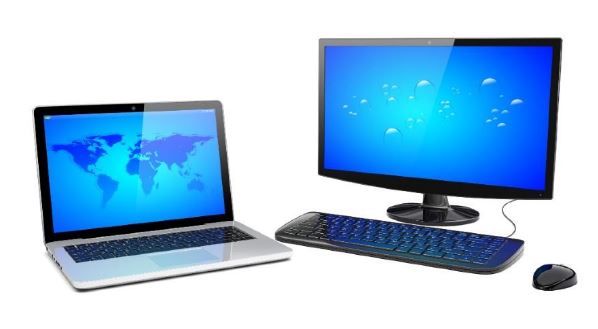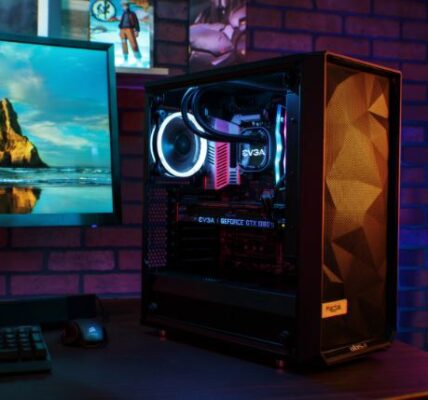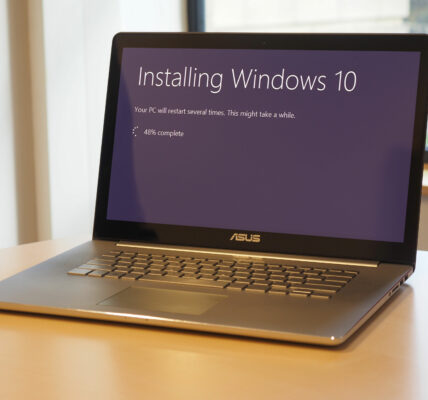When it comes to choosing a computer, one of the key decisions you’ll need to make is whether to go for a desktop or a laptop. Both options have their own advantages and considerations, so it ultimately depends on your specific needs and preferences. Here are some factors to consider when deciding between a desktop and a laptop:
1. Portability: One of the most significant differences between desktops and laptops is portability. Laptops are compact and lightweight, allowing you to easily carry them around and use them on the go. If you travel frequently, work in different locations, or prefer the flexibility of having your computer with you wherever you go, a laptop is the obvious choice. On the other hand, desktops are bulkier and typically require a fixed setup, making them less suitable for mobility.
2. Performance: In terms of raw performance, desktops often outshine laptops. This is because desktops can accommodate more powerful components such as high-end processors, dedicated graphics cards, and larger amounts of RAM. If you perform resource-intensive tasks like video editing, 3D rendering, or gaming, a desktop computer will generally offer better performance and faster processing speeds. However, laptops have made significant advancements in recent years and there are high-performance models available for those who need portable power.
3. Upgradability: Another key consideration is the ability to upgrade your computer over time. Desktops are highly customizable and allow for easy component upgrades. You can add more RAM, upgrade the graphics card, or swap out the storage drive as needed. This makes desktops a more future-proof option, as you can keep them up to date with the latest hardware advancements. Laptops, on the other hand, are often limited in terms of upgradability, with some components being non-removable or difficult to replace. However, there are some laptops that offer upgradability options, albeit not to the same extent as desktops.
4. Ergonomics and Comfort: Desktops often provide better ergonomics and comfort, thanks to their larger screens, dedicated keyboards, and ergonomic mouse setups. If you spend long hours working or gaming, having a larger display and proper ergonomic setup can reduce strain on your eyes, neck, and wrists. Laptops, while more portable, typically have smaller screens and built-in keyboards and touchpads, which may not be as comfortable for extended use. However, you can always connect external peripherals to a laptop to enhance ergonomics.
5. Price: In general, desktops tend to be more affordable than laptops when comparing similar performance levels. This is mainly due to the cost of portability and the compact nature of laptops. However, there is a wide range of options available for both desktops and laptops, so pricing can vary significantly depending on the specifications, brand, and other factors.
Ultimately, the decision between a desktop and a laptop depends on your specific requirements. If portability is crucial and you need to work on the go or move between locations frequently, a laptop is the way to go. If you primarily work from a fixed location, prioritize performance, upgradability, and ergonomic comfort, a desktop is likely to be the better choice. Consider your usage patterns, budget, and future requirements to determine which option aligns best with your needs.





